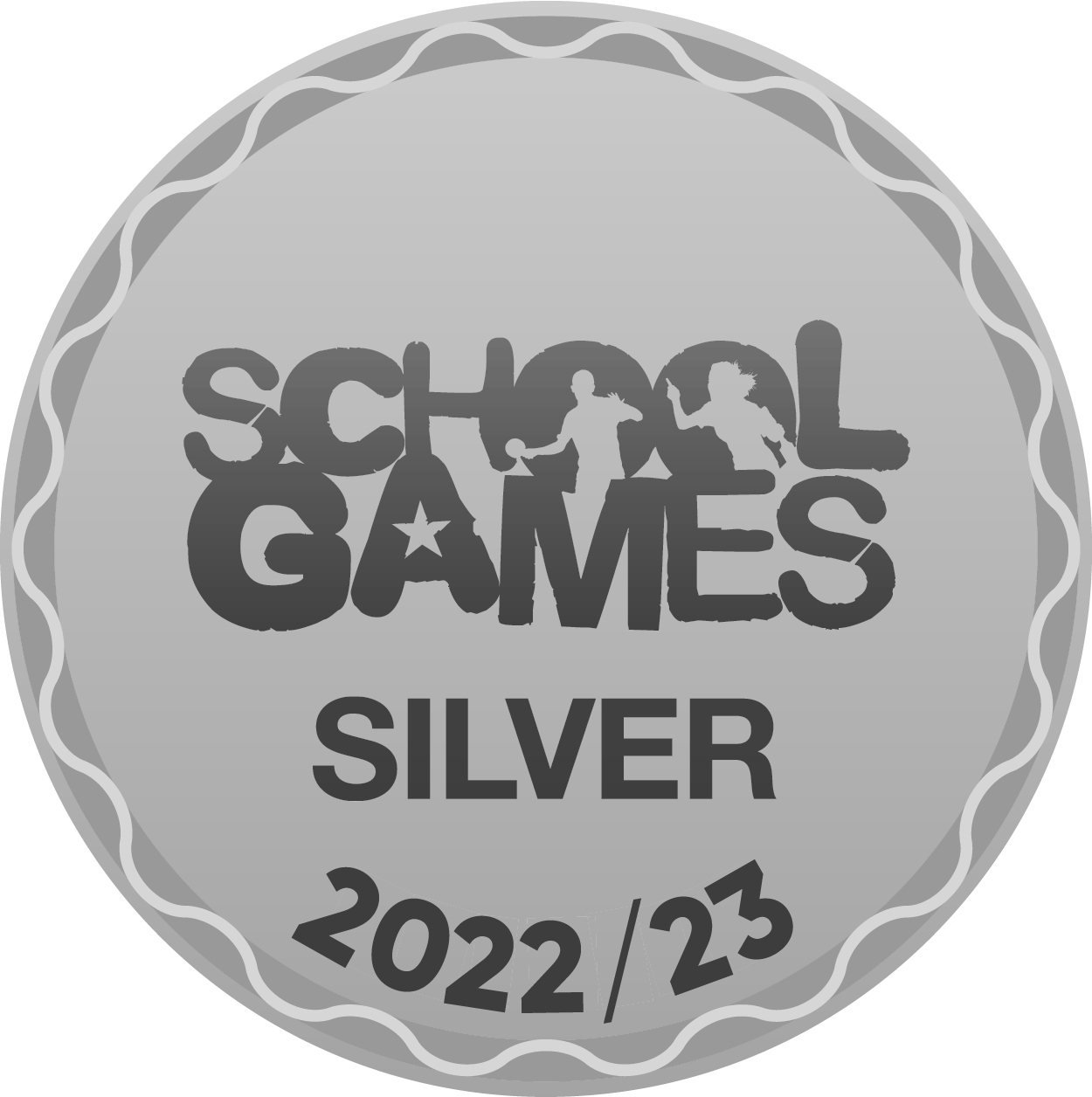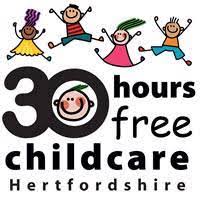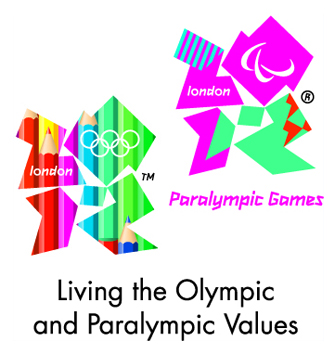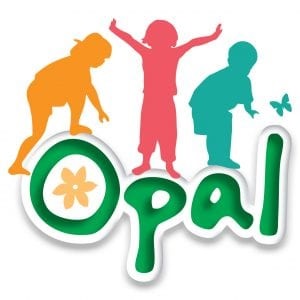Religious Education
Intent
Catholic Faith
In a Catholic school like St Philip Howard, Religious Education (RE) is a critical subject taught to students and one of the core subjects. The primary goal of teaching RE in a Catholic school is to help students understand the Catholic faith and its teachings, which are based on the Holy Bible and the traditions of the Catholic Church.
Through RE lessons, Catholic schools aim to help students develop a personal relationship with God and understand their place in the world as a Catholic. They learn about Catholic beliefs, practices and tradiations, including the Sacraments, prayer, and the liturgical year.
As well as teaching the children about RE within lessons, they have opportunities throughout the year to learn more about the Catholic faith; Mardi Grais, Month of Mary, Month of the Holy Rosary and Pentecost. This is linked to us Building The Kingdom. We also look and learn about Catholic Social Teaching and this has allowed us throughout the school to participate in many different opportunities.
Westminster Diocese, which is the administrative unit of the Catholic Church which area we fall under, also plays a role in determining what is taught in RE classes. The Diocese sets standards and guidelines for RE curriculum, which are aligned with the teachings of the Catholic Church. These guidelines ensure that the RE curriculum is consistent with Catholic doctrine and that students receive a comprehensive and accurate understanding of the Catholic faith. This can be found in the RECD (Religious Education Curriculum Directory). We currently are following the RECD (2012), however a new document called ‘To know you more clearly- The Religious Education Directory, has come out this year and will be fully implemented in our school by 2025, gradually being implemented from September this year.
Other Faiths
As well as teaching the Catholic faith in our school, it is very important to us to teach about some of the Other Faiths: Judaism, Sikhism and Islam. This is something they do each year on a rotating cycle. This is to help students to develop a deeper understanding and appreciation of different cultures and religions. It also allows them to recognise the similarities and differences between various faith traditions and to gain insight into how people of different faiths live and practice their beliefs.
Aspirations for our pupils
We want our children to understand the Catholic faith and Other Faiths, so they may form their own beliefs and understand the faith of the school. For them to leave as well rounded individuals that try to follow in Jesus' teaching.
Implementation
At St Philip Howard we follow a scheme of work; The Way, The Truth and The Life and we also incorporate ‘creative’ RE into the curriculum. The Way, The Truth and The Life is used from EYFS through to Year 6 and links to the RECD, which we have to follow as a Catholic School. In EYFS they learn their RE through their ‘Understanding The World’.
As we are a Catholic school we need to ensure that 10% of our timetable is RE; for Key Stage 1 this equates to 2 hours and for Key Stage 2 this equates to 2 and a half hours. Our RE lessons consist of discussions, written work and creative work too. We feel this approach benefits the children within our school, especially those of SEND and EAL, as it still allows them to engage and demonstrate their knowledge and understanding of RE. We also aim to make RE engaging for the children so they can get the most out of learning about the Catholic Faith. The children take pride in their RE books and are aware they are special, with their nicely decorated and protective cover. As well as the children writing in their RE books, we have Class Slides where teachers update them with their discussions, pictures and videos of what happens in the lessons that aren't written pieces of work.
Outside of the lessons
Alongside the children learning about RE within lessons, there are many activities throughout the year that help the children understand, explore and embrace the faith of the school. During our weekly hymn practices and assemblies our faith is always a focus, the children also experience daily collective worship where they can pray and reflect on the Gospel reading for the week.
The children are also exposed to special times in the liturgical calendar where they may do cross-curricular activities (RE being taught alongside or through Art, D+T, Science, Drama, Music, English, Geography), for example during Mardi Grais, Pentecost, May the Month of Mary, Month of the Holy Rosary.
We also have a Chapliancy Team (Year 4s and Year 6s) who meet weekly, learning to become Caritas Ambassadors. The Caritas Ambassard program aims to equip pupils with a strong understanding of Catholic Social Teaching and how we can put it into the action of our daily lives. Once they have learnt about each of the 7 values of Catholic Social Teaching, they are then going to be looking at the need within our local community and trying to make a positive difference.
Alongside the Chapliancy Team, the current year 5’s have been involved in a project called “Oracy for Advocacy''. This project is based on the theme of ‘Common Good’, which is based on the principles and values of Catholic Social Teaching. The year 5’s learnt about what the 7 values are and chose areas they were interested and passionate about. Alongside other Catholic schools in our deanery, the children have found their voices for speaking out against social injustices. This is an ongoing project that the year 5’s are developing and we hope will inspire others to seek a common good for our local community. This opportunity has allowed the children to come together and speak infront of local councils to share the childrens voices on what they think needs improving.
Impact-
We have an overview of the curriculum that we follow, where we can see what their previous learning is and how that can impact our teaching of their new learning, often referring back to and building upon previous years/topics learning.
Within RE we assess the childrens learning throughout our lessons; creative, discussion and written based. The tasks the children complete hit a variety of skills they need to have and show their understanding in a variety of ways. This means when we are assessing the childrens learning we compare them against a set of standards that they should reach by the end of a key stage. This then equates to them being below age related, age related or above age related.
/Religious-Education/recd_singlepage.pdf
/Religious-Education/red_to_know_you_more_clearly_web_version.pdf












